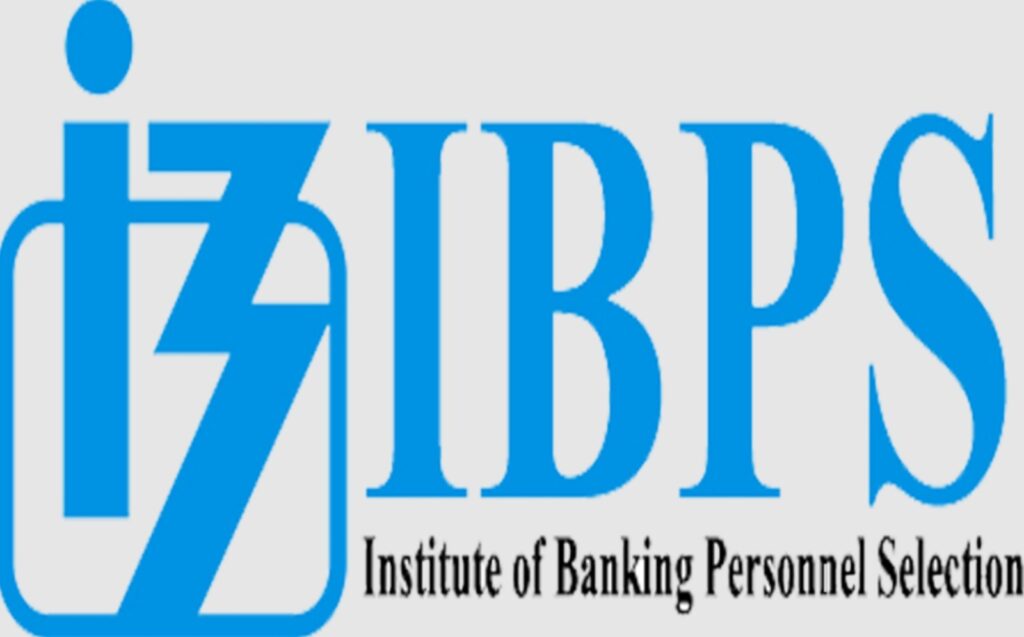In Indian banking, securing a position through the Institute of Banking Personnel Selection (IBPS) is a great achievement. Aspirants keen on joining the dynamic banking sector keep a keen eye on IBPS job alerts, eagerly awaiting opportunities to start on a promising career path. However, exploring the IBPS recruitment process requires more than just ambition; it demands a deep understanding of the exam patterns and syllabus.
Understanding IBPS:
The Institute of Banking Personnel Selection (IBPS) serves as a premier autonomous agency in India, entrusted with the responsibility of conducting recruitment exams for various banks in the country. Established in 1975, IBPS plays an important role in the selection of candidates for the clerical, probationary officer (PO), specialist officer (SO), and management trainee positions in public sector banks.
Exam Patterns:
IBPS recruitment exams follow a structured pattern designed to assess candidates’ aptitude, knowledge, and skills relevant to the banking sector. While the specific exam pattern may vary depending on the position, certain commonalities exist across IBPS exams.
- Preliminary Examination (Prelims): For positions such as Probationary Officer (PO) and Clerk, the recruitment process typically begins with a preliminary examination. This phase usually consists of multiple-choice questions covering topics like English Language, Quantitative Aptitude, and the Reasoning Ability. The duration of the prelims is relatively short, aiming to filter candidates for the subsequent phases.
- Main Examination: Candidates who qualify in the prelims advance to the main examination, which delves deeper into core banking subjects and assesses candidates’ proficiency in areas like General/Financial Awareness, English Language, Reasoning Ability, Computer Aptitude, and Quantitative Aptitude. The main examination is more comprehensive and serves as a crucial determinant in the selection process.
- Interview (for certain positions): In addition to the written exams, candidates may be required to undergo a personal interview or group discussion to evaluate their communication skills, personality traits, and suitability for the role. This phase provides a platform for candidates to showcase their abilities beyond academic qualifications.
Syllabus Overview:
While the syllabus for IBPS exams may seem extensive, a systematic approach can help candidates tackle each section effectively. Here’s a brief overview of the key subjects covered in IBPS recruitment exams:
- Quantitative Aptitude: This section assesses candidates’ numerical ability and problem-solving skills. Topics commonly included are Number Systems, Simplification, Data Interpretation, and Arithmetic.
- Reasoning Ability: Candidates are tested on their logical reasoning and analytical skills. Topics covered may include Seating Arrangement, Coding-Decoding, Blood Relations, and Syllogism.
- English Language: Proficiency in English is crucial for banking roles. The syllabus covers areas such as Reading Comprehension, Grammar, Vocabulary, and Error Detection.
- General/Financial Awareness: Knowledge of current affairs, banking terms, and financial markets is tested in this section. Candidates need to stay updated on national and international events, economic policies, and banking developments.
- Computer Aptitude (for certain positions): As technology plays an increasingly significant role in banking operations, this section evaluates candidates’ familiarity with computer fundamentals, software applications, and basic troubleshooting.
Conclusion:
IBPS recruitment exams serve as a gateway to a rewarding career in the banking sector. By understanding the exam patterns and syllabus, aspirants can prepare effectively and enhance their chances of success. Candidates can make sure they take advantage of chances by regularly checking the IBPS job alert and staying up to date on developments. With determination, diligence, and strategic preparation, aspiring bankers can explore the IBPS recruitment process with confidence and competence.
